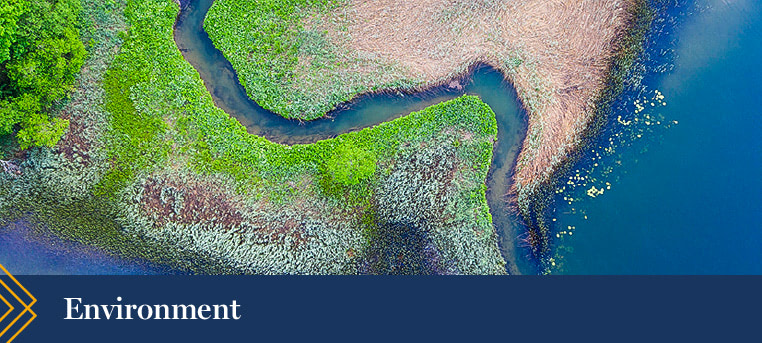Wellington's impact investment teams invest globally across three broad impact categories — Life essentials, Human empowerment, and Environment — which we then divide into 11 impact themes. While not explicitly linked to the United Nations Sustainable Development Goals (SDGs), we believe the 11 themes we invest in closely align with the SDGs, and we map our portfolios’ desired impact outcomes to these goals and their underlying targets.
Impact opportunities can represent innovative solutions across sectors, asset classes, and market capitalizations. All impact investments must meet our thresholds for materiality, additionality, and measurability. That is, companies or issuers must generate most of their revenue from products and services related to at least one of our impact themes, the impact they generate must have a low prospect of being achieved by other means, and we must be able to track and measure their impact.
Once we determine whether a company or issuer meets our impact criteria, we add it to our opportunity set. Our fundamental analysis then seeks to identify those investments with the most attractive long-term return potential.
Our impact themes




